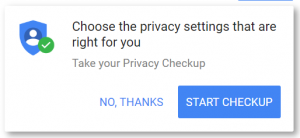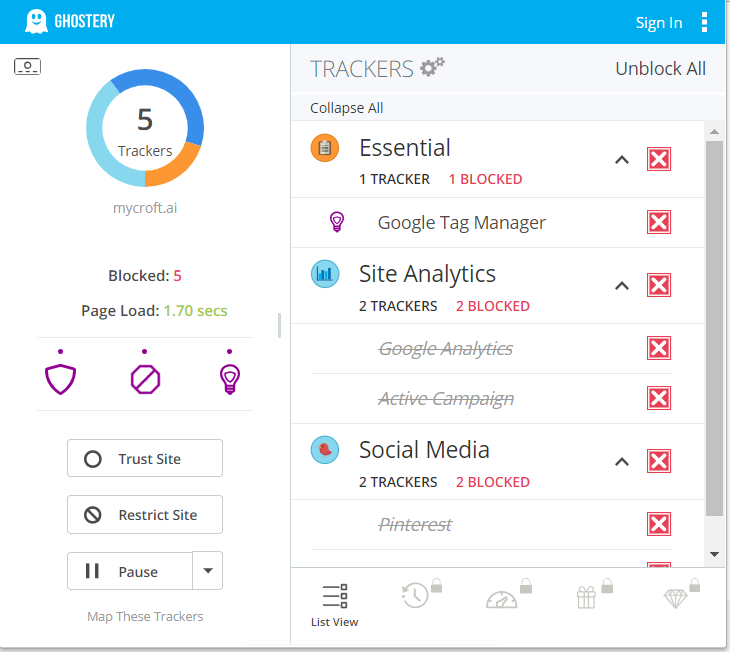When the Hillary Clinton email story broke, I predicted at the time that it would lead to her downfall. In the end I think it was a variety of factors, but that was the one that she couldn’t bring herself to shake. Now I think the democratic party has found the issue that may result in losing the congressional elections, and it’s illegal immigration.
A lot of it has to do with language. When immigrant advocates rejected the term “illegal immigration” and tried to replace it with the phrase “undocumented”, I could already smell trouble. I accept the argument that we shouldn’t call people illegal, but the fact of the matter is that crossing the border without legal authorization is a crime, and that act is illegal. You could argue that it’s not a serious crime, and you could argue that they are only pursuing the last resort because the legal way is infeasible. You could also argue that the US is too restrictive on the number of immigrants allowed into the country, or that it’s discriminatory. Those are discussions that we should have. Gallup has been running a poll for many years that shows strong support for legal immigration, and the number of people who support it has been growing under the Trump administration. Another study from the Pew center shows that there is a growing political divide over legal immigration. On the other hand, there is almost no evidence that the majority is in support of illegal immigration.
The recent separation of children from people who crossed the border illegally is of course gut-wrenching, but the old policy of releasing people into the US pending a hearing wasn’t working very well. Politifact wrote a story saying that 60-75% of them show up for their hearing, with perhaps a higher percentage for those seeking asylum. That’s red meat to the people who want to clamp down on illegal immigration. There are about 300-400 thousand people each year who enter the country illegally and stay. That doesn’t sound like a huge number to me, although it’s maybe 3-4% of the total population now. I find it annoying that so many who slip through while others queue up for legal immigration and end up being denied. There are currently over 600 thousand people from India – in the categories with college degrees – waiting for green cards to be approved.
Much of the discussion now is over people from central America with asylum applications, which are a different category from people who want to simply improve their lives. It still raises the question of what constitutes grounds for asylum – does gang violence count even if the applicant was not a direct victim? Does domestic abuse count? Under the current administration the number of refugee admissions has been cut dramatically, and the grounds have been dramatically narrowed. This sounds unacceptable to me. On the other hand, crossing the border illegally places them on weak moral foundation for an asylum claim.
There are numerous arguments in favor of immigration, based on humanitarian grounds and based on economic grounds. When fashioning an immigration policy, it should seek to balance all of the different arguments. While the US is a large country that can absorb many immigrants, it’s not clear how many should be allowed to enter, and it’s not clear how they should be chosen. in 2017, 1.13 million people were granted permanent residence status, and legal first-generation immigrants now make up 14% of the US population. The USA has a higher percentage of immigrants than Russia, Italy, France, and the UK, but lower than Canada’s (which is apparently 22%). The USA has the largest number of immigrants of any country in the world – are we arguing that it should be more? What’s the argument in favor of this? I’ve never been a fan of the US thinking we can unilaterally solve all the problems of the rest of the world. That’s the kind of thinking that got us into the Vietnam war.
I hope that the democratic party doesn’t get distracted and try to defend illegal immigration, because that is a losing cause. There is strong support for continued immigration, and it’s a reasonable discussion to have about how much. Once we set those limits, let’s at least adhere to the rule of law, or else the swing states will swing against the democratic party. There goes the supreme court when Ginsburg retires. There goes health care. There goes freedom of religion. There goes the tax system. There goes any semblance of a safety net in the US. There goes our economy. Let’s just implement an immigration system with compassion and fairness, but keep our eye on the ball. Open borders is a losing cause.




 I think license plate frames were the predecessor to twitter; short witticisms that are designed to make you smile. Over time I’ve come to appreciate this line from a Joe Walsh song. The title of the song (and the next line in the chorus) is “Life’s been good to me so far.”
I think license plate frames were the predecessor to twitter; short witticisms that are designed to make you smile. Over time I’ve come to appreciate this line from a Joe Walsh song. The title of the song (and the next line in the chorus) is “Life’s been good to me so far.”

